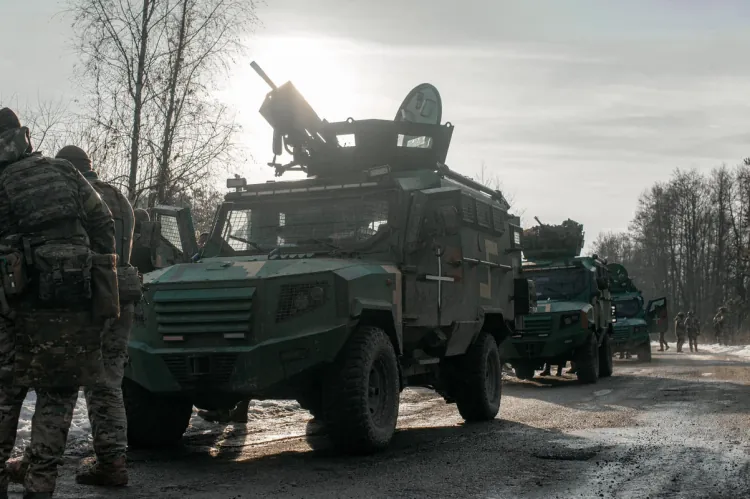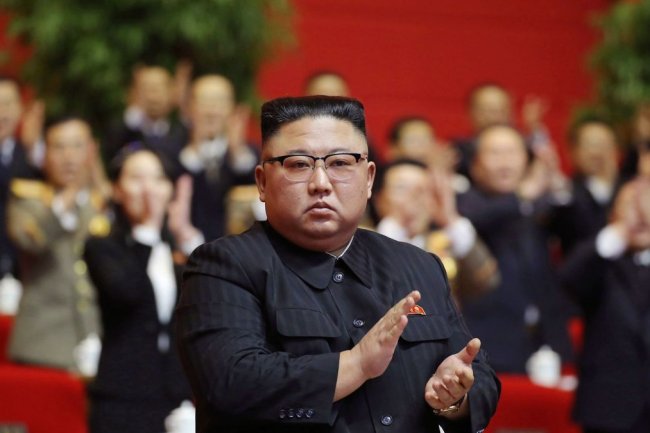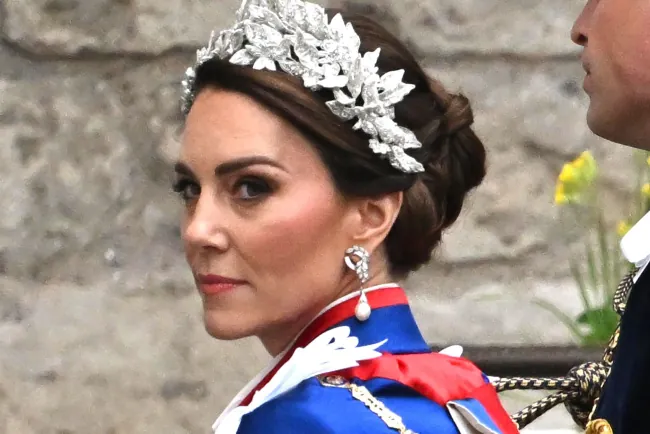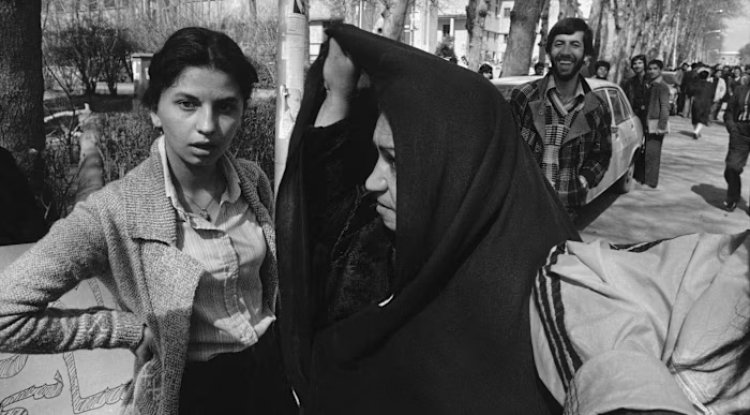Ukraine Adjusts Military Age to Strengthen Forces Amidst Conflict
Ukraine has amended the military mobilisation age to bolster its forces, reflecting the ongoing challenges in the conflict with Russia

I. Introduction
- Brief overview of Ukraine's decision to lower the military mobilisation age.
- Contextual background of the ongoing conflict with Russia.
II. The Decision's Background
- Details of the new law and its implications.
- President Zelensky's rationale behind the decision.
III. Ukraine's Military Strategy
- The strategic importance of boosting troop numbers.
- Challenges faced by Ukrainian forces and their strategic responses.
IV. The Impact of International Support
- The role of foreign aid in Ukraine's defense strategy.
- Challenges in receiving international support and its impact on the conflict.
V. Russia's Military Presence
- Overview of Russian troop numbers and the impact on the war.
- The significance of the classified US intelligence report on Russian casualties.
VI. FAQs
- Common questions about Ukraine's military age adjustment and the ongoing conflict.
VII. Conclusion
- Summarization of the situation and the importance of the adjustment in the broader context of the conflict.
Introduction
In a strategic move amid ongoing hostilities, Ukraine has officially lowered the military mobilisation age from 27 to 25. This legislative adjustment, signed into law by President Volodymyr Zelensky, is a direct response to the attrition and challenges faced by Ukrainian forces after two years of relentless conflict with Russia. This article delves into the implications of this decision, examining its significance in the broader spectrum of the Ukraine-Russia war.
The Decision's Background
The adjustment in mobilisation age is aimed at bolstering Ukraine's military reserves, which have seen a decrease in volunteer numbers. Despite legislative approval in May 2023, the bill's activation was delayed until Zelensky's recent endorsement, a move interpreted as preparation for potential Russian offensives. This decision underscores Ukraine's efforts to fortify its defenses against a formidable adversary.
Ukraine's Military Strategy
The necessity for additional troops is evident in Ukraine's ambitious military objectives, which include reclaiming territory and disrupting Russian supply lines. However, the lack of air superiority and robust Russian defenses has impeded Ukraine's counter-offensives. This adjustment in military age is a pivotal strategy in Ukraine's efforts to replenish its forces and sustain its defensive and offensive capabilities.
The Impact of International Support
Ukraine's reliance on Western aid, particularly for advanced weaponry, is crucial to its defense strategy. Yet, the flow of international support has encountered obstacles, including political wrangling that has delayed billions in aid. The reinforcement of Ukrainian forces through adjustments such as the military age amendment highlights the continued need for robust international support.
Russia's Military Presence
The sheer number of Russian troops engaged in the conflict poses a significant challenge to Ukrainian forces. President Putin's disclosure of 600,000 Russian soldiers in Ukraine contrasts with the stark estimates of Russian casualties provided by US intelligence. This disparity underscores the intense toll of the conflict and the critical importance of Ukraine's strategic adjustments.
FAQs
Q1: Why did Ukraine lower the military mobilisation age? A2: To replenish its military reserves and strengthen its defensive and offensive capabilities against Russia.
Q2: How has international support impacted Ukraine's defense strategy? A2: International support, particularly in the form of advanced weaponry, is crucial, though its delivery has faced delays.
Q3: What are the challenges faced by Ukrainian forces? A3: Lacking air superiority, formidable Russian defenses, and the need for increased troop numbers are among the key challenges.
Conclusion
Ukraine's decision to adjust the military mobilisation age is a strategic response to the ongoing conflict with Russia. This move, aimed at bolstering Ukrainian forces, highlights the complex dynamics of international support, strategic military planning, and the relentless pursuit of national defense. As the situation evolves, the global community watches closely, underscoring the critical importance of resilience and strategic foresight in times of war.
What's Your Reaction?





















